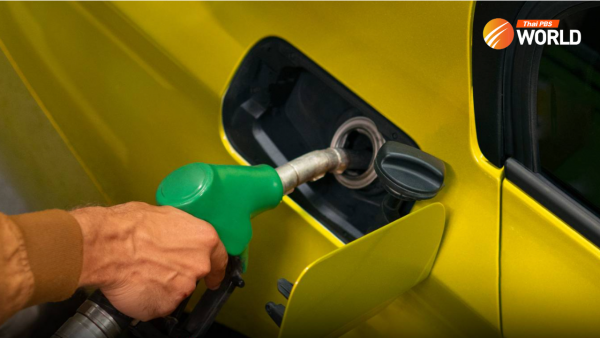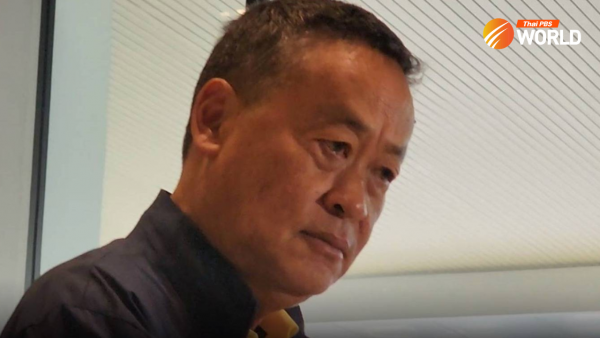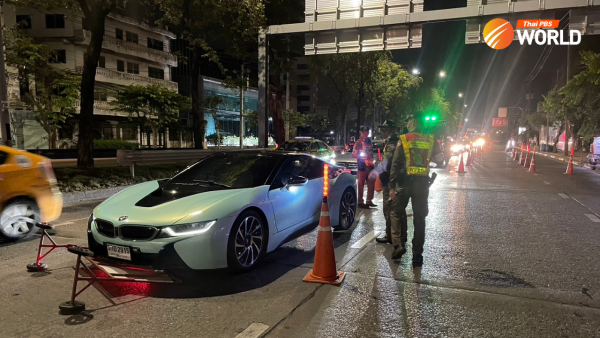As schools reopen, COVID-19 finds weak point in Thailand’s defences

The reopening of schools in most provinces on June 14 has spawned clusters of new COVID-19 infections on almost a daily basis. Thai PBS World takes a closer look at the factors behind this phenomenon and the measures being put in place to fight it.
Country’s largest school cluster
A madrasa Muslim boarding school in Yala province has generated the largest school cluster in Thailand, with a large number of its students testing positive for COVID-19 over the past week.
This cluster apparently spawned infections in several other provinces when students headed back to their hometowns after the madrasa was ordered to close last week.
Investigations indicate the virus was brought into the madrasa when students came in to contact with worshippers at the Dawah Centre of Thailand, which houses the school.
Many students infected by family members
Dr Suwannachai Wattanayingcharoenchai, the Health Department’s director-general, said that students are also more likely to contract the virus from family members than classmates.
For instance, a Prathom 2 student from Phitsanulok’s Rojanawit School tested positive on Sunday soon after her aunt was infected.
Another Phitsanulok student was found to have caught the virus from one of his parents.
How are authorities responding?
When a student tests positive, school managers usually close the premises for several days of cleaning and disinfection. However, the COVID-19 Situation Administration Center (CCSA) now believes this protocol should be reviewed to better curb the spread of the disease.
CCSA deputy spokesperson Dr Apisamai Srirangsan said schools, for instance, should coordinate with their provincial communicable disease committee over measures to combat outbreaks.
“Once schools are closed, parents of the students must be informed of what they can and cannot do,” she added.
Schools, students and parents not ready for online learning – Suan Dusit Poll
Most schools, students, and their parents are not ready for online learning, required by the COVID-19 situation, for a number of reasons, according to an opinion survey conducted by Suan Dusit Poll of Suan Dusit University between June 14th and 17th.
What is the Education Ministry’s stance?
Thailand’s third and biggest wave of infections, which first emerged in early April, saw the Education Ministry postpone the start of school term from May 17 to June 1, then again by another two weeks.
The ministry also banned onsite classes in dark-red zones of maximum control, namely Bangkok, Nonthaburi, Samut Prakan and Pathum Thani. Schools in these provinces can only conduct classes remotely, either online, on distance-learning TV, through home assignments or via various digital platforms.
Schools in the less infected red or orange zones, which cover about 20 provinces including Chon Buri and Samut Songkhram, can hold onsite classes provided they meet 44 requirements under the Public Health Ministry’s Thai Stop COVID-19 program.
The requirements include keeping all seats in classrooms and cafeterias one metre apart, ensuring adequate supplies of alcohol gel, taking students’ temperature, and making face masks mandatory.
In addition, schools must ensure that teachers, students and their parents monitor their infection risk every day via the Thai Save Thai app. They also have to offer COVID-19 guidelines for students and teachers.
‘We are being flexible’
The rise of COVID-19 early last year spurred social-distancing measures that have turned online classes into the new normal for students in Thailand. Attending class at home halts the contagion risk both in classrooms and while commuting.
“We are being very flexible,” explained Education Minister Treenuch Thienthong. “Schools can conduct classes in whatever format that best suits them.”
Will children be vaccinated?
While Thailand’s mass vaccination rollout got underway earlier this month, vaccines are not yet available for children under the age of 18. Health authorities have so far registered the AstraZeneca, Sinovac, Johnson & Johnson, Moderna and Sinopharm brands for emergency use in Thailand.
Still in the process of being registered is the Pfizer vaccine, which has been passed as safe for children.
Public Health Minister Anutin Charnivakul says the government has signed a deal to import 20 million doses of Pfizer to vaccinate children aged 12 and above.
By Thai PBS World’s General Desk






